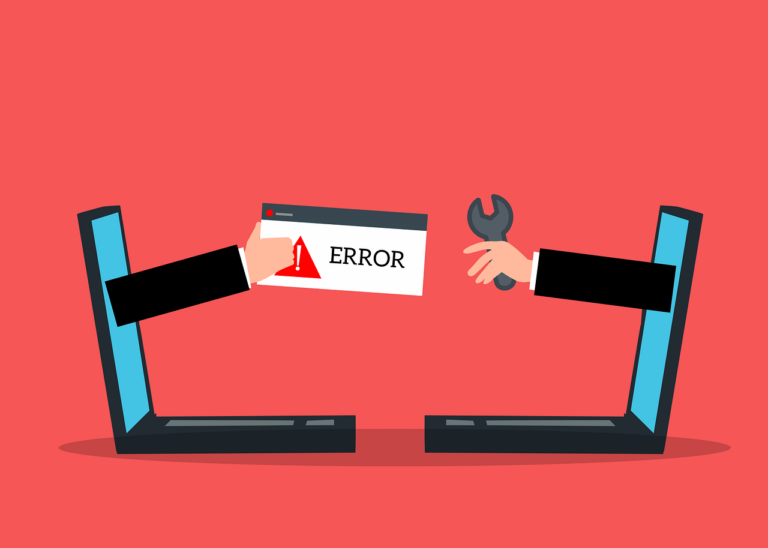Encountering the “extconf.rb failed” error during gem installation can be a real headache for Ruby developers. Let’s break down what this error means and how to tackle it effectively.
Table of Contents
What is the “extconf.rb failed” Error?
When you try to install a gem that includes native extensions, Ruby uses a script called extconf.rb to check for necessary system dependencies and prepare the gem for installation. If this script encounters issues—like missing libraries or incompatible configurations—it throws the “extconf.rb failed” error, halting the installation process.
Common Causes and Solutions
- Missing Development Libraries:
- Issue: The required system libraries or headers aren’t installed.
- Solution: Install the necessary development packages. For instance, if you’re installing the
pggem for PostgreSQL, ensure you have the PostgreSQL development libraries:- On Debian/Ubuntu:
sudo apt-get install libpq-dev - On CentOS/RHEL:
sudo yum install postgresql-devel - On macOS with Homebrew:
brew install postgresql
- On Debian/Ubuntu:
- Incompatible Ruby or Gem Versions:
- Issue: The gem doesn’t support your current Ruby version.
- Solution: Check the gem’s documentation for compatibility details. If needed, update Ruby or use a different gem version that matches your setup.
- Missing Build Tools:
- Issue: Essential tools like
makeorgccaren’t available. - Solution: Install the build-essential package:
- On Debian/Ubuntu:
sudo apt-get install build-essential - On CentOS/RHEL:
sudo yum groupinstall 'Development Tools' - On macOS: Install Xcode Command Line Tools:
xcode-select --install
- On Debian/Ubuntu:
- Issue: Essential tools like
- Configuration Issues:
- Issue: The
extconf.rbscript can’t locate necessary files or settings. - Solution: Review the gem’s installation guide for any required environment variables or configuration options. For example, when installing the
mysql2gem, you might need to specify the MySQL configuration directory:gem install mysql2 -- --with-mysql-config=/usr/local/mysql/bin/mysql_config
- Issue: The
- Operating System Compatibility:
- Issue: Some gems depend on OS-specific libraries that may not be available by default.
- Solution: Research your specific OS to ensure all dependencies are installed. For example, Fedora users might need different package names compared to Ubuntu users.
How to Debug the Error
If you’re stuck, here’s how to gather more information:
- Check the Error Logs: The full error message will usually point to the root cause. Look for missing files, libraries, or permission errors.
- Run with Verbose Output: Use the
--verboseflag during gem installation to get more details:gem install your_gem_name --verbose - Search for Similar Issues: Visit forums like Stack Overflow or the gem’s GitHub issues page. Many developers share solutions for common problems.
Preventing Future Errors
To reduce the chances of encountering the “extconf.rb failed” error in the future:
- Keep your Ruby environment and system packages up-to-date.
- Use tools like
rbenvorrvmto manage Ruby versions and dependencies efficiently. - Regularly check the documentation of gems you rely on for updates or changes.
Final Words
The “extconf.rb failed” error is frustrating, but with the right steps, it can be resolved quickly. By understanding its common causes and following the suggested solutions, you’ll be back to building your Ruby projects in no time. Remember, staying proactive with your development environment can save you hours of troubleshooting down the line.

